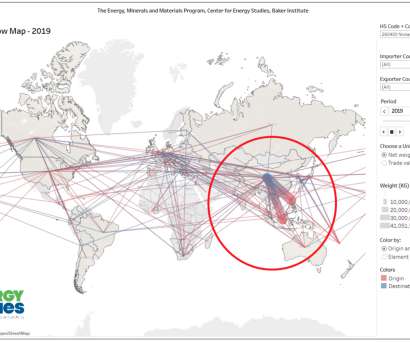Baker Institute report: China has positioned itself as a gatekeeper to the energy transition; nickel case study
Green Car Congress
APRIL 21, 2022
Emerging markets and developing countries are central to the “decarb” and electrification push, and are themselves maneuvering to attain advanced country status and a higher quality of life for their citizens. Between 2010 and 2021, worldwide nickel usage grew almost 90%. This surge occurred mostly in China, driven by steel manufacturing.





















Let's personalize your content